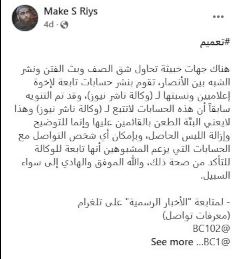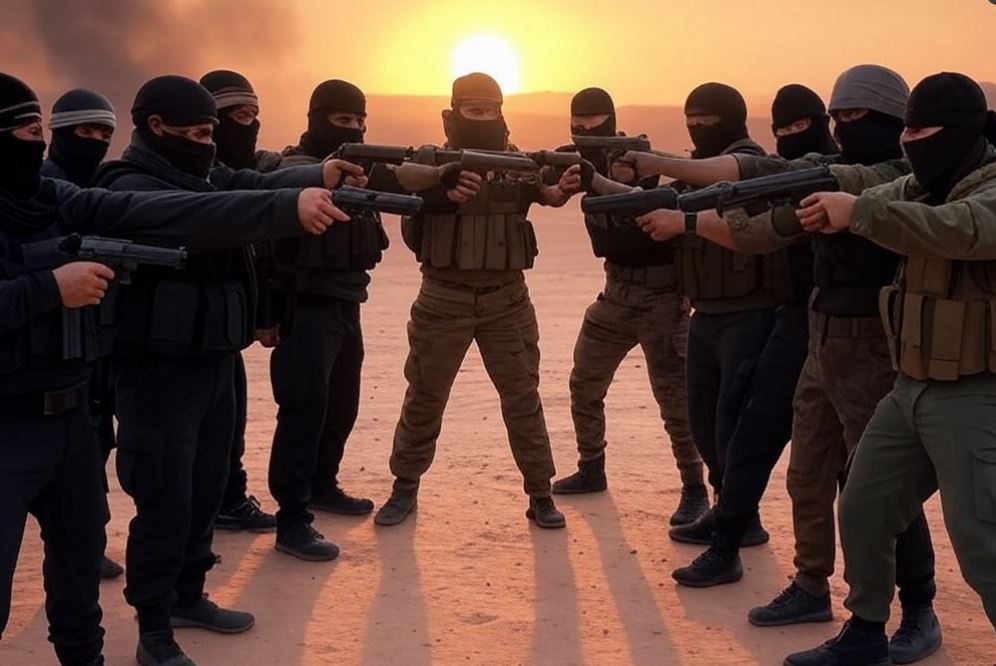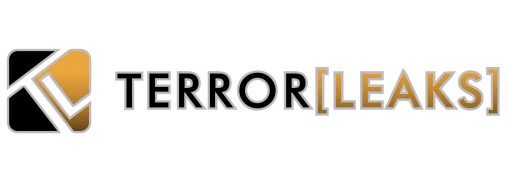Reports indicate that ISIL supporters have been arguing as to the authenticity of the Wikalah Nashir News Agency bots and accounts on Telegram. This infighting highlights the great uncertainty as to whether they have been created by suspicious individuals or western spies under the guise of being genuine. This has extended to questioning as to whether the outlets on Telegram, SimpleX and Element have also been set up by western spies.
Sources have picked up on two specific IS-aligned social media accounts in conflict with each other over the authenticity of purported Wikalah Nashir News bots and accounts. A Facebook account in question, ‘Make S Riys (الرائد)’ posted Wikalah Nashir News agency links, fiercely defending their authenticity and denouncing other Telegram bots. Other social media accounts responded to these messagesthat a charity campaign run by the user of ‘Make S Riys الرائد’ was unheard of and possibly fake. This was a reference to a campaign online under the username ‘@MujFiSabilAllah6bot’ or ‘al-mujahiddoun fi-Sabil Allah bi-Amwalihim’.

This confusion has extended to the other areas of social media, notably the social media platform ‘Element’. An Element user, ‘@al_raed_472:matrix.org’, admin of the Element chatroom known as ‘الرائد’ previously refuted the existence of a Wikalah Nashir News bot, account or username explaining that anyone claiming Wikalah affiliation was not genuine. The user highlighted the Telegram profile @BC102 as a false profile before promoting the Telegram bot ‘@vvf1447bot’ as a new Nashir News Agency contact.
This is in direct conflict with an opposite Wikalah-affiliated Element account user, claiming that users such as @al_raed were posting links to non-official bots. The former user also defended the dissemination of bots such as @BC102 and BC191, claiming that they had sourced their information from al-Fustat and Tamkeen news, official Nashir bots.

Conflict between these accounts has only added to the uncertainty amongst IS supporters, self-appointed ‘official’ contacts fighting it out online. This has perhaps been compounded by the lack of IS leadership amongst media groups that has been witnessed over the course of this year. Furthermore, the fear of ‘psychological warfare’ (See Terrorleaks 3 June 2025: Recent IS message highlights growing insecurity about its reputation) and the emphasis on being vigilant to expose fake profiles was previously highlighted in a May edition of al-Naba. It’s intent was to unite supporters and curb infighting however it is apparent that it has only served to foster an atmosphere of paranoia that could have a lasting impact.

